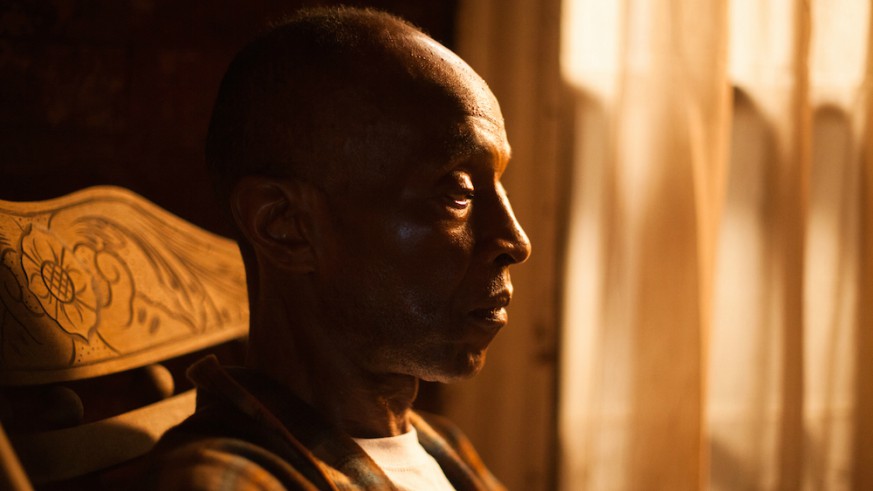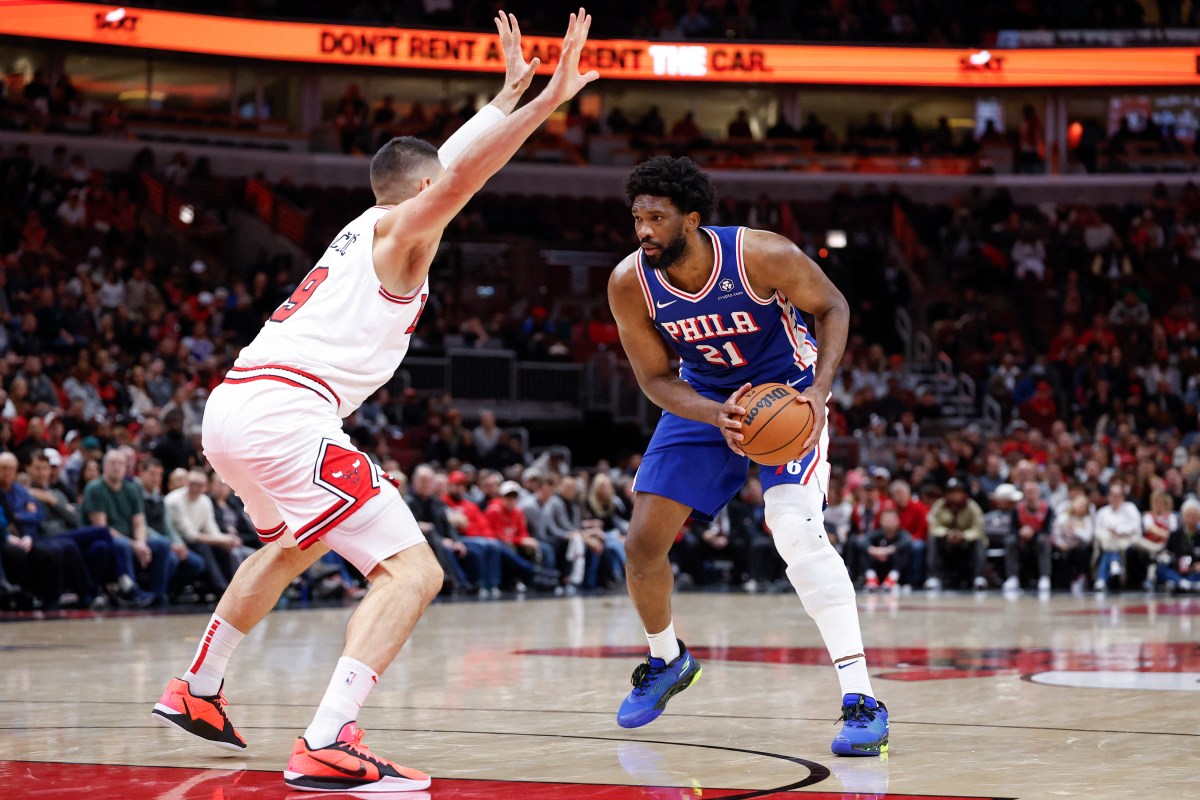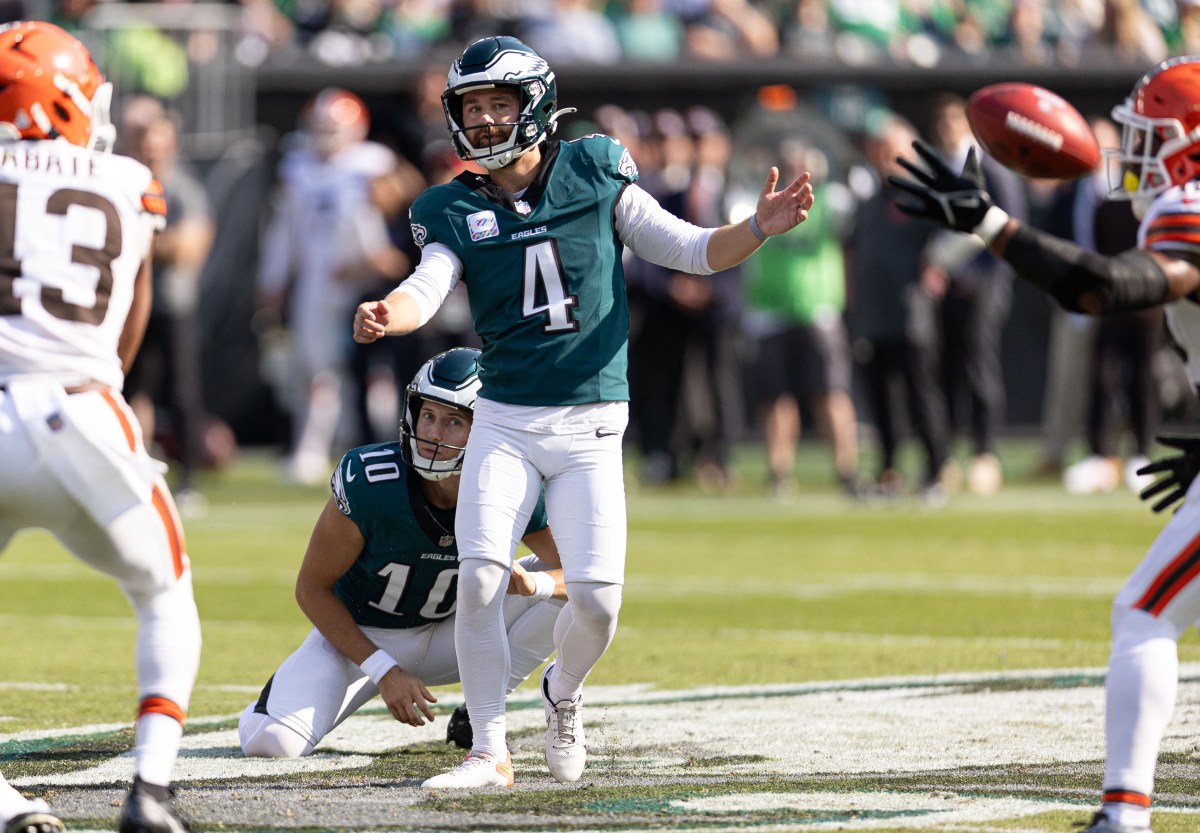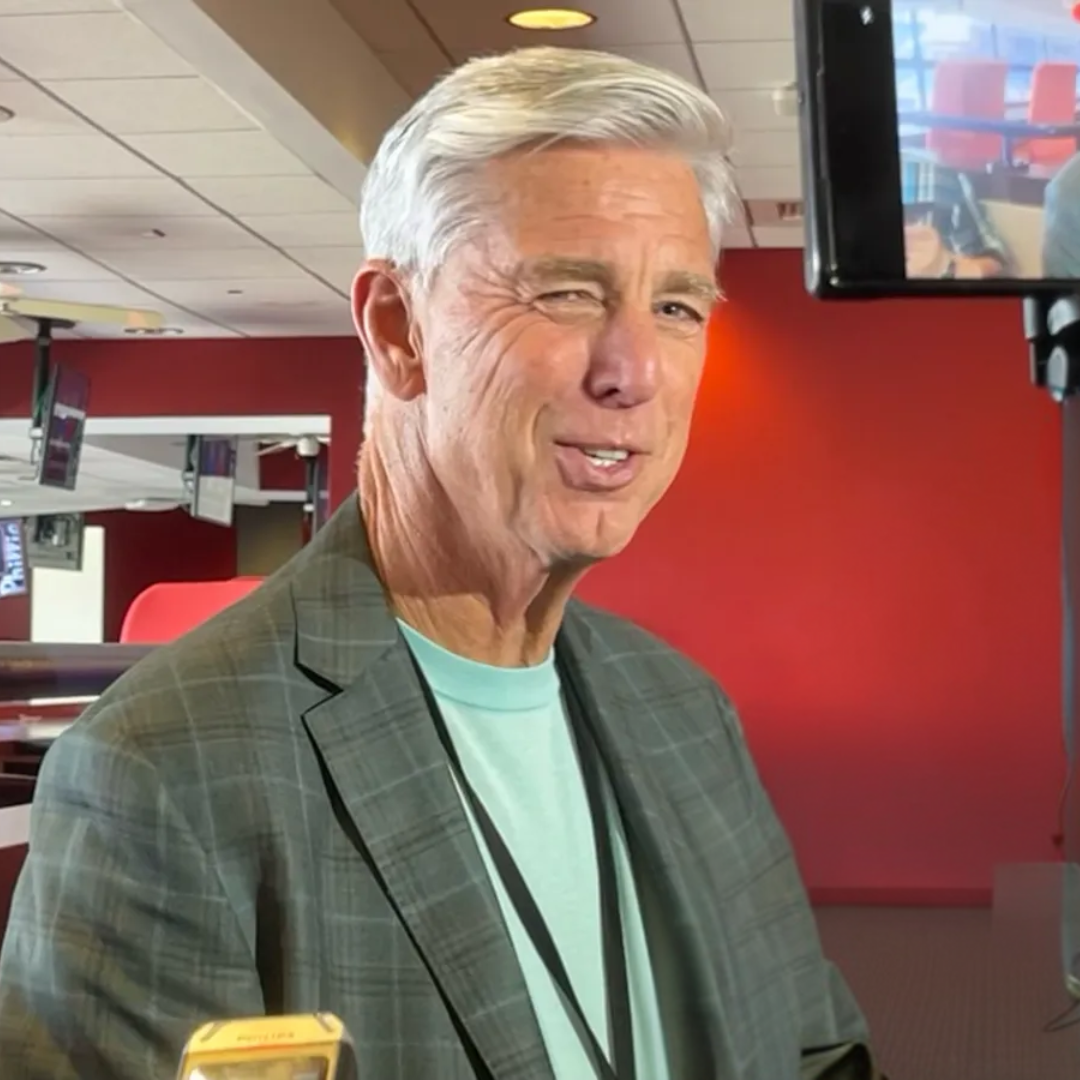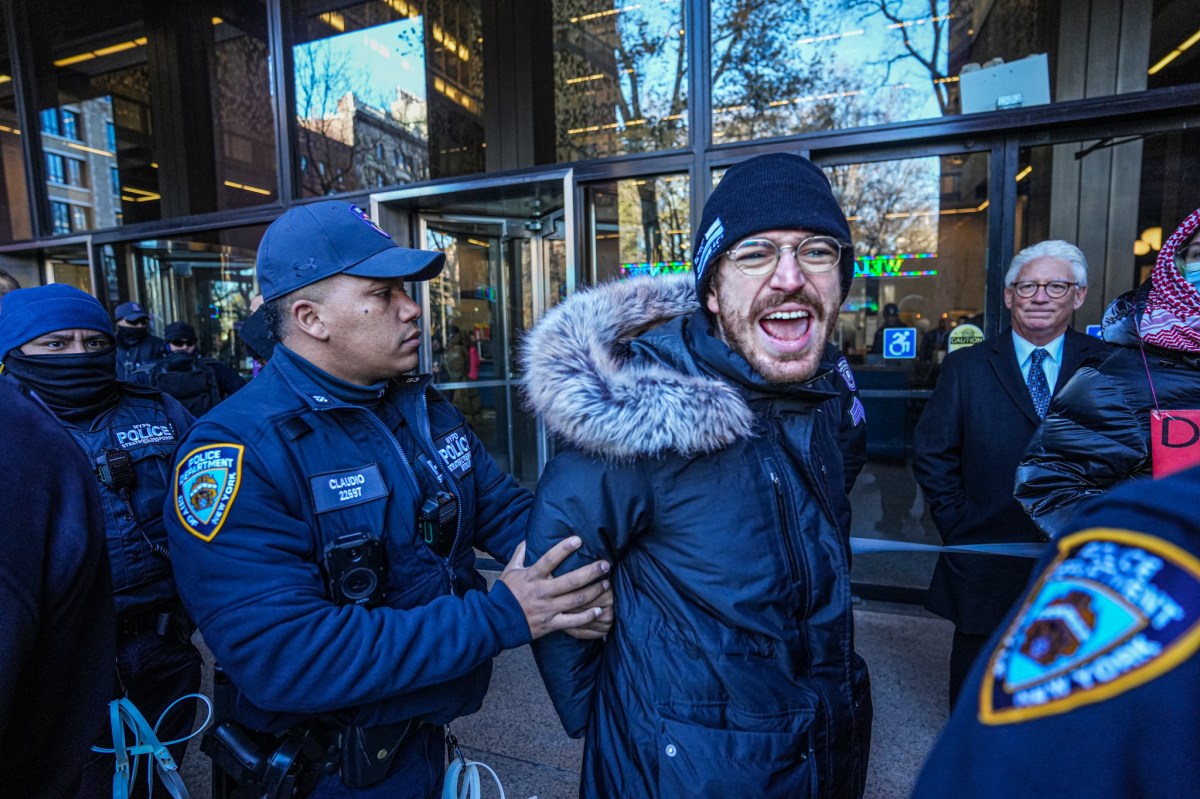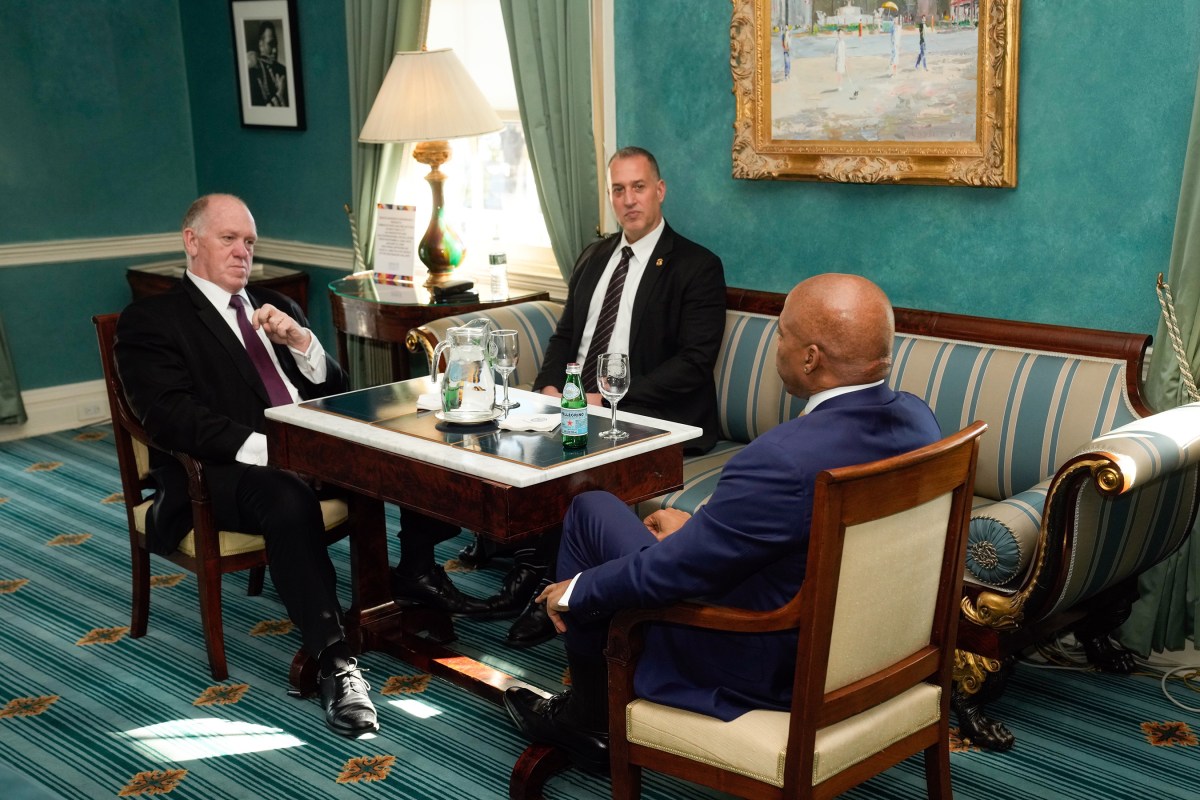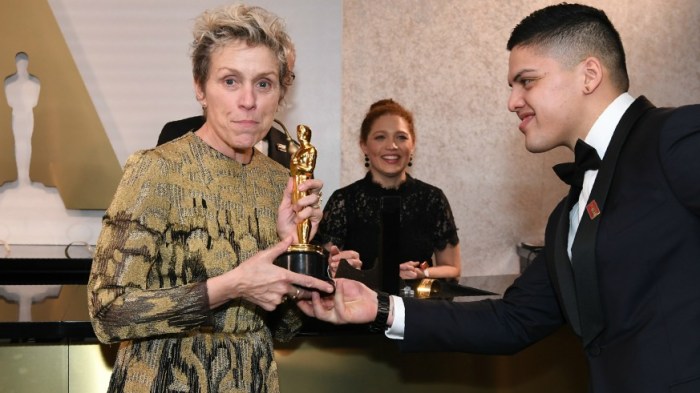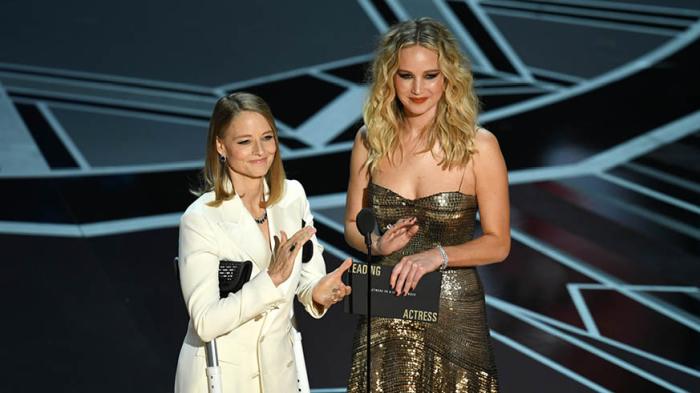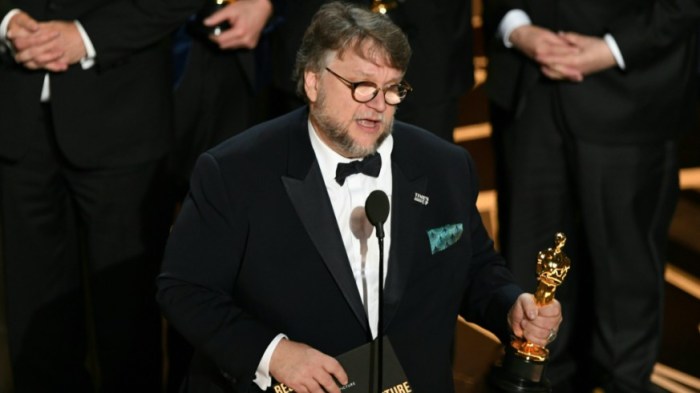Kevin Wilson Jr has probably lost count of the amount of times he has said thank you over the last 24 hours.
In the opening seconds of my conversation alone he had to utter it four times, once to me and then on three occasions to friends that had stumbled upon him at the slightly inopportune moment.
The 28-year-old writer and director is thanking folks because of the countless congratulations he has received in the wake of “My Nephew Emmett’s” Academy Award nomination for Best Live Action Short, the film he directed that tells the story of the kidnapping and lynching of Emmett Till in Mississippi in 1955 from the perspective of his uncle Mose Right.
Kevin Wilson Jr was able to find some alone time and tell me over the phone that he celebrated the nomination alongside the crew that made “My Nephew Emmett” possible.
“I hosted a breakfast at my apartment community center, and I invited the crew of the film to come by and we ate and broke bread together. Then we watched the nominations on the live stream. And we found out together. It was really an amazing moment. People were crying and laughing and jumping and running all over the place.”
“Because we all worked so hard on this. And when you do short films, especially for school, you’re just telling the story because you’re passionate about it. You don’t have a lot of money, and you don’t think it is going to go anywhere. So we are very fortunate to be where we are.”
But while Kevin Wilson Jr is obviously ecstatic at “My Nephew Emmett’s” success, the young filmmaker, who is currently part of the New York University Graduate Film Program, insisted that this nomination was never targeted.
“The goal for us was to get it seen by as many people as possible. The story is so important to the conversation of equality in America, and justice.”
“To achieve that we just submitted it to as many festivals as possible. It was never our intention to qualify for the Oscars. We just wanted to get it seen as far and wide as we could, and then we submitted it to the Student Academy Awards. And we won the gold medal there, and that qualified us to submit it for consideration for the Academy Award.”
There is one specific reason why Wilson is excited by the nomination, though.
“The most exciting thing about being nominated, and the reason why we really wanted to be nominated, is that they release all of these films together theatrically. So that gives people the opportunity to see the film on a bigger platform.”
“Through all of this that has been my goal. It’s not really for personal recognition. It’s just to get the film on the biggest platform possible so that we can continue to have a conversation on Emmett Till’s relevance and the relevance of his legacy.”
The death of Till has played a huge part on Wilson’s life and career. Born and raised in North Carolina, and a self-described “southern boy,” Wilson recalls being made “aware of his heritage, ancestry, and what he would be encountering as a black man in America” from a young age by his mother, which immediately informed how he saw and approached art.
At 5-years-old his mother told him the story of Emmett Till, showing him the horrifying picture of the 14-year-old’s mutilated body. It was an image that stuck with him for years, and the story just became a part of who he was. So much so that when he was ready to write and direct his first play at Greensboro’s North Carolina A&T State University it revolved around the story of Emmett Till.
When it came to doing a short film on the subject Wilson was suddenly influenced by becoming a father, which convinced him to change perspective of the story to that of Mose Wright, the guardian of Emmett Till who helplessly watched as he was taken from his home in the middle of the night.
“I wanted to explore that feeling of helplessness that a parent or guardian feels when they have to give their child or relative to a person that they know is going to do them harm. There was a certain sense of fear or despair that comes with that.”
But Wilson also recognized the strength that Mose needed so that he could identify those responsible for the murder, especially as an African American in the Jim Crow south in 1955.
Wilson, who is looking to direct his first feature film this summer before trying to insert his “voice into any medium” he can, used a young African American cameraman in the final shot of the film as a call to himself, and as a constant reminder to “take up my charge and contribute to this social conversation.”
“The last shot of the film is me kind of inserting myself into the movie. What am I going to do? Write up social media rants? Or am I going to pick up the camera and contribute to the conversation about equality?”
“That’s why there is a young black man conducting the interview, and then we cut to the real footage of Mose Wright giving his interview. That footage is evidence of the courage he had. Because he was not afraid of the death threats that he received, or being killed. He knew what he needed to do and he did it.”
Wilson is clearly well aware of what he wants and needs to do as a young African American filmmaker. But before then, though, there’s the small matter of the Academy Awards on March 4, and finding out how many tickets he will be given.
“I am going. I am taking my wife, my mum. I don’t know how many tickets they give you. I would like to take my step-dad, too. So if they give me additional three tickets then it will be my wife, my mum, and my step-dad.”
Whoever ends up going, Wilson can rest assured that the trio, and countless others, are proud and grateful to hom for bringing such a vital film like “My Nephew Emmett” to life.

